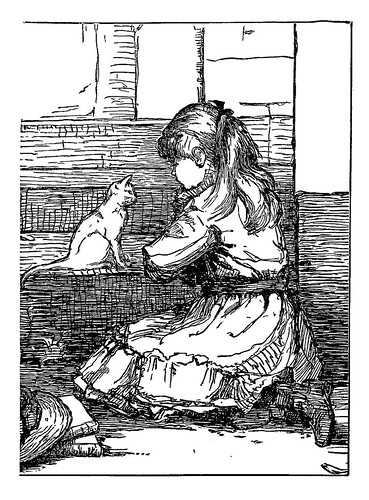You cannot dream too big for God, I’ve recently been told.
The fifth chapter in The Artist’s Way is all about daring to dream. And I have most certainly been struggling with this.
There are lists to complete: what would I try if I weren’t too crazy? What would I love to do but aren’t allowed? I wish…
Not surprisingly, the DDJ showed up on a lot of these lists – or rather, the absence of the DDJ, along with reading all day and eating hot Vogels toast with butter. Also a writing room in the shape of a teapot. (I may need to think this one through a little more.)
I had to list twenty wishes, and the further I got the deeper and less specific they became: to be close to God, to live meaningfully, to be loving, to be joyful, to live creatively.
And then I had to list five grievances with God. That felt against the grain, but as she says, God can take it. The DDJ cast a long shadow there, too.
Then there was a great deal of image-collecting – images of what I’d do if I were 20 and rich, 65 and rich, could live other lives. This was quite fun, as I’ve mentioned.
Julia Cameron asks some rather probing questions about self-sabotage. Too often God offers us something and we demur, thinking if it seems too good to be true, it is – or it’s a trap.
“The question is ‘Are you self-destructive?’ Not ‘Do you appear self-destructive?’ And most definitely not ‘Are you nice to other people?'” (p. 99).
This is an important distinction. Not that being a writer (or any other kind of person) is an excuse for being unkind to others, but that others are responsible for their own lives and you are responsible for yours.
Putting other people’s priorities ahead of your own may make you out a really nice person, but it also means that what is important in your own life is neglected.

There is no credit in mowing your neighbour’s lawn if your own is threatening to take over your house.
So, taking responsibility for my own life, I had to list my favourite creative block, my payoff for staying blocked, and the person I blame for being blocked. (Uncomfortable self-scrutinisation, anyone?)
I soon decided my favourite block was tiredness. Then I had to draw a cartoon of myself “indulging in it”. Not being over-endowed with artistic ability, my cartoon was somewhat less elaborate than this:
The payoff was harder to figure out. The payoff for the DDJ is obvious – pay, leading to a roof over my head and food on the table. But what’s the payoff for being tired? Or rather, what’s the payoff for letting tiredness stop me writing?
It isn’t rest, because I find it very hard to rest when I know I should be doing something else. It might be the knowledge that I didn’t fail (because I didn’t try) but it feels like failure anyway.
Perhaps it’s avoiding poor-quality work. Or avoiding that feeling of facing the page and knowing I have nothing to give it. Perhaps it’s just the path of least resistance, inviting pity, framing myself as the victim. (Poor thing. She’s so tired.)
I wasn’t sure who I blamed – could be anyone from me to Capitalism. I don’t know that having someone to blame helps. Well, it might make you feel better (though I doubt it) but it doesn’t help you get out. And out is exactly what I want to get.
I still don’t know what lies before me. Rationally speaking, there is no more cause for hope than there was a month ago, or a month before that. And yet, the flame of hope is kindled in me again. A tiny little wavering blob on the wick of my soul, but there it is.



















